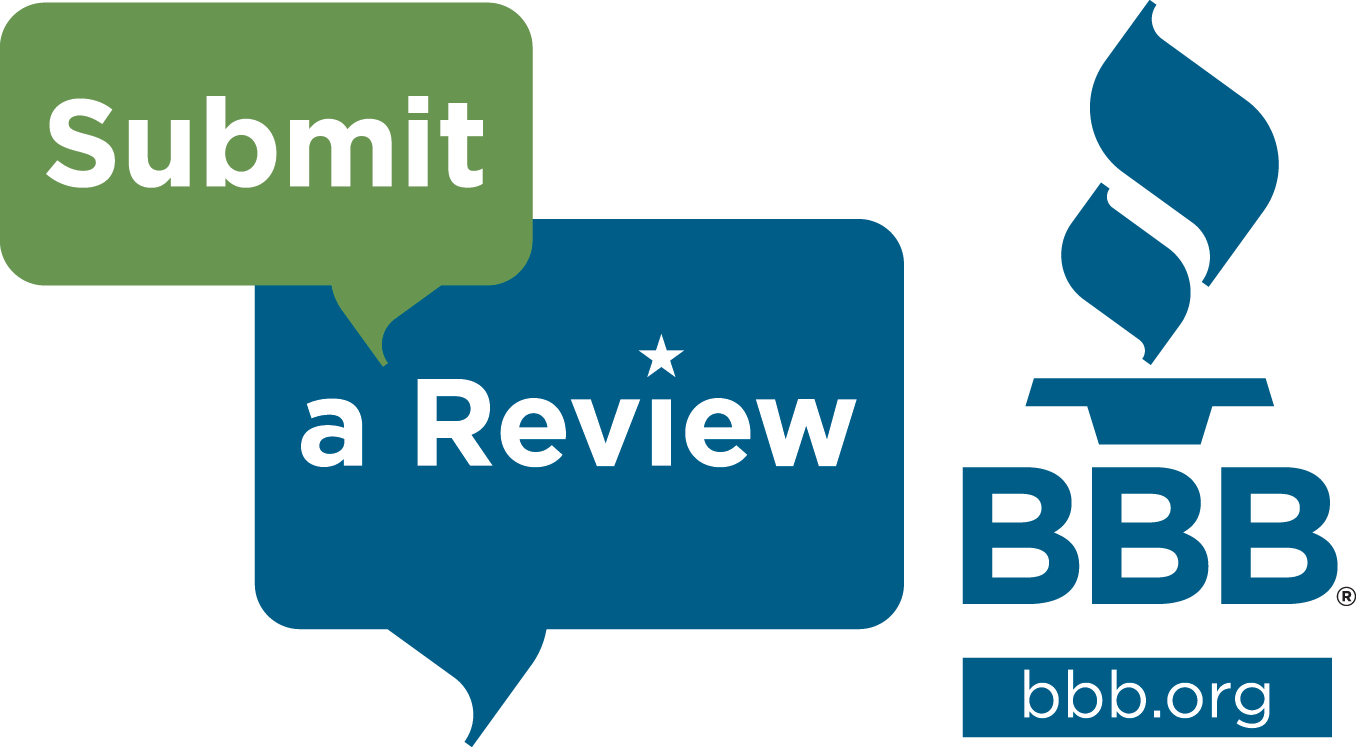How To Buy a House With Student Loan Debt

For many consumers, buying a house is a major financial and life milestone. However, student loan debt is preventing some millennials from making home purchases.
Having student loans won’t keep you from buying a house, although you should be comfortable with the idea of taking on a large amount of debt while still dealing with your student loans. Carefully consider your options, and decide what makes sense for your own financial situation.
You can still get a mortgage
If you’re bogged down in student debt, that doesn’t mean you can’t get a mortgage. You just have to be aware of your options. Improving your financial profile is one key step to getting there. For example, paying down that high-interest credit card balance is a great place to start. Or, if you don’t have the cash to pay down a big chunk of your debt, consider refinancing or consolidating your other debt to reduce the amount you have to pay every month.
Consider government help
If you have federal student loans, you may want to explore an income-driven repayment plan. With this option, your monthly payments can be reduced to a percentage of your discretionary income. This can be a huge help for those whose income is absorbed by high loan payments. Lower monthly student loan payments can help improve that important debt-to-income ratio.
In April 2017, Fannie Mae introduced three new policies aimed at helping homeownership become more achievable for those with student debt. The policies are:
- Student Loan Cash-Out Refinance: Offers homeowners the flexibility to pay off high-interest student debt while potentially refinancing to a lower mortgage rate.
- Debt Paid by Others: Excludes from the borrower’s debt-to-income ratio non-mortgage debt, such as credit cards, auto loans and student loans, paid by someone else.
- Student Debt Payment Calculation: Allows lenders to accept student loan payment information on credit reports, making it more likely for borrowers with student loan debt to qualify for a mortgage.
Pre-approval and your homebuying power
A pre-approval from a lender can help you see what the costs and down payment requirements are. To determine what you qualify for, a lender considers your two-year employment history, credit history, income, and assets. A lender must look at most aspects of your financial history, at least in the short term. All funds need to be sourced and explained. Any large deposits outside of normal payroll will be closely scrutinized, and any major loans will be considered as well.













